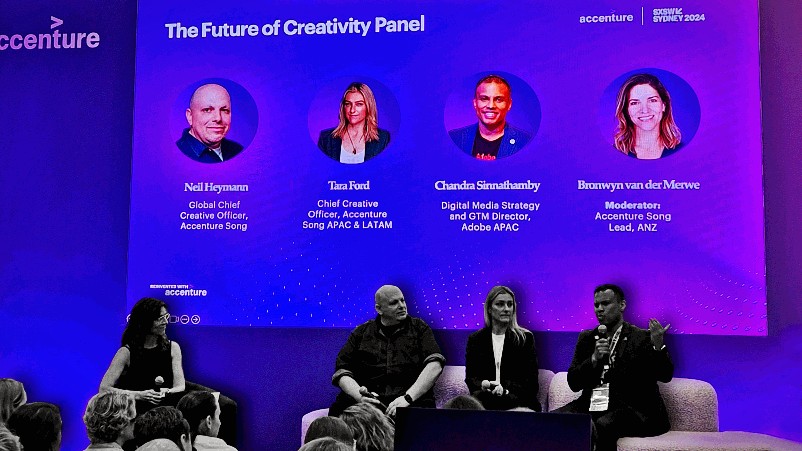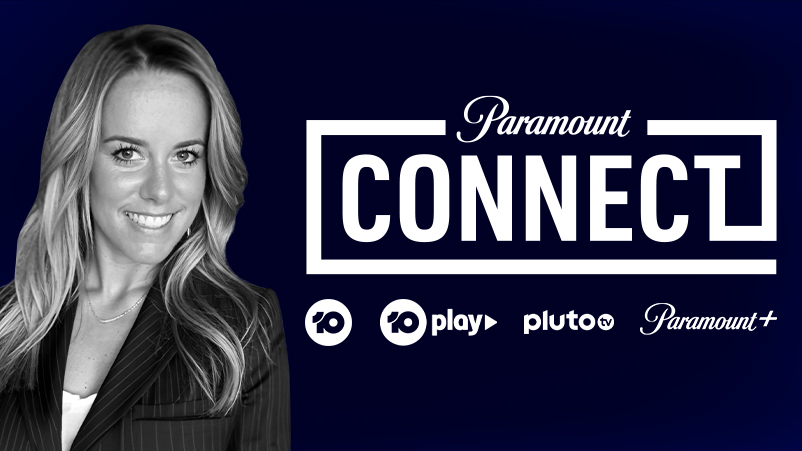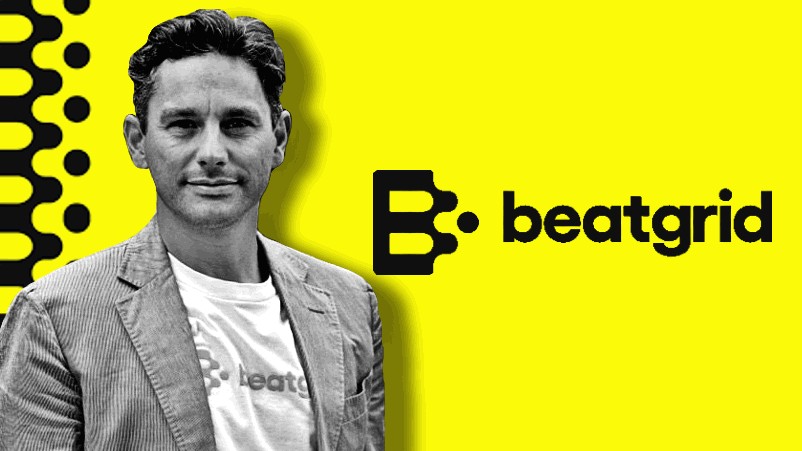'You have to acknowledge that it’s happening': Accenture Song global creative chief on AI's jobs impact

Artificial intelligence makes for solid panel fodder at an event like SXSW. The playbook goes that creativity and insight will overcome a sea of machine-generated same, and that humans will be masters of the machines and their prompts while everybody will upskill and adapt. But then someone asks an unscripted question: What about London's creative industry being decimated? Accenture Song's global and APAC creative chiefs didn't duck the question – but reckon there's a rebalance incoming.
Awkward customer
It was standing room only at Accenture's SXSW Sydney hub on Tuesday morning, as punters crowded in to catch Accenture Song's new ANZ lead in her first official outing in the role. Bronwyn van der Merwe, as we learned yesterday, is one of two execs to succeed Mark Green as he jets off to New York.
Playing the role of moderator, she was joined on stage by respective global and APAC creative chiefs, Neil Heymann and Tara Ford, plus Adobe APAC director of digital media B2B strategy and GTM, Chandra Sinnathamby.
The future of creativity – and specifically, the relationship between AI and creativity – is a conversation that has for many, been played to death. Will robots take our jobs? Is AI a threat or an opportunity? There’s plenty to rehash and often little new to comes to the surface.
The panel did not escape some of the usual platitudes around the intersections of human creativity and technology, where the former is the key to unlocking progress.
“In a world where the technology is designed to automate, to speed up processes and efficiencies, how do we keep that creative spirit, and how do we use those tools in a way that enhances and amplifies the creativity, rather than making that part of the machine,” posed Heymann as he kicked off the discussion.
But things soon got grittier, and that’s thanks in part to a question thrown to the panel from one London-based agency exec. She said that the sentiment back at home is – thanks to AI – that “the whole creative industry is dying out”.
“People are getting fired and left and right, and there’s a bit of a worry [about] what’s going to happen… Do you have any thoughts?”
They did. The sense is that for now the creative industry is going to hurt.
“First of all, you have to acknowledge that it’s happening,” said Heymann, and it's causing “huge amounts of anxiety” for creatives.
The pain, he hopes, is temporary – right now, we’re between two eras, and “ill-advised experimentation” at the intersection of AI and technology is plentiful.
But Heymann is optimistic the emphasis will swing back to human creativity once “the media landscape levels out and there's a sea of content that all feels the same”.
“In the meantime, it’s kind of on the people running those organisations to encourage their people to evolve and to embrace the technology.” I.e. adaptability is key to longevity in a shrinking sector – and recruiters have suggested the same.
Backing that view, van der Merwe compared it to the “boom and bust” of the digital transformation. The contraction is real, but she forecast that it won’t be indefinite.
“Everybody lost their jobs and the whole global market fell out, and it was scary and devastating … And then we sort of rebuilt", per van der Merwe
“I think we probably will have to go through a similar thing in our industry, which is to reset a little as we think about the new roles we need, [and] how we use this technology, how we reshape our organisations.”
From an Accenture Song perspective, that shift is underway. Ford said “probably every piece of work you've seen from The Monkeys in the last year will have used AI in some way”.
It’s not necessarily used for the final output, but for research, as a partner in creative ideation and even “to help sell ideas”, she explained. “All of our creatives are using it.”
But she underlined that craft “remains super important”. AI might be a partner in creativity – a “synthetic collaborator” as Heymann put it – but it requires “someone to come and bring what they feel is right, to elicit an emotion out of the audience”.
"If you have a base of brilliant skills, you can apply [AI tools] and they are like a type of superpower. So I think it still requires some kind of skill and expertise to really get the most out of it."
I’ve been around long enough to remember when you had to be super skilled in Photoshop or Flash animation or some other things that people probably don't even know what I'm talking about. These days, there's almost like an acceleration of that phase into a point where everyone has the power to be a creative director – and how does that work if you haven't actually done the Malcolm Gladwell 10,000 hours?
The hours
Heymann said creatives must continue to develop the right “vocabulary” to “get the most out of the technology”. But it’s easier said than done – and there are risks to tech-enabled shortcuts.
“There’s been a shift in the order in which people develop their skills. I’ve been around long enough to remember when you had to be super skilled in Photoshop or Flash animation or some other things that people probably don't even know what I'm talking about. These days, there's almost an acceleration of that phase into a point where everyone has the power to be a creative director – and how does that work if you haven't actually done the Malcolm Gladwell 10,000 hours?”
Per van der Merwe, it “takes years to develop” the necessary “taste and intuition”.
“You have to be in and around the craft and working with other creatives to be able to develop that. It doesn't come just by working directly with the technology.”
Here's hoping agency remuneration models afford that temporary bridge to post-AI maturity.


